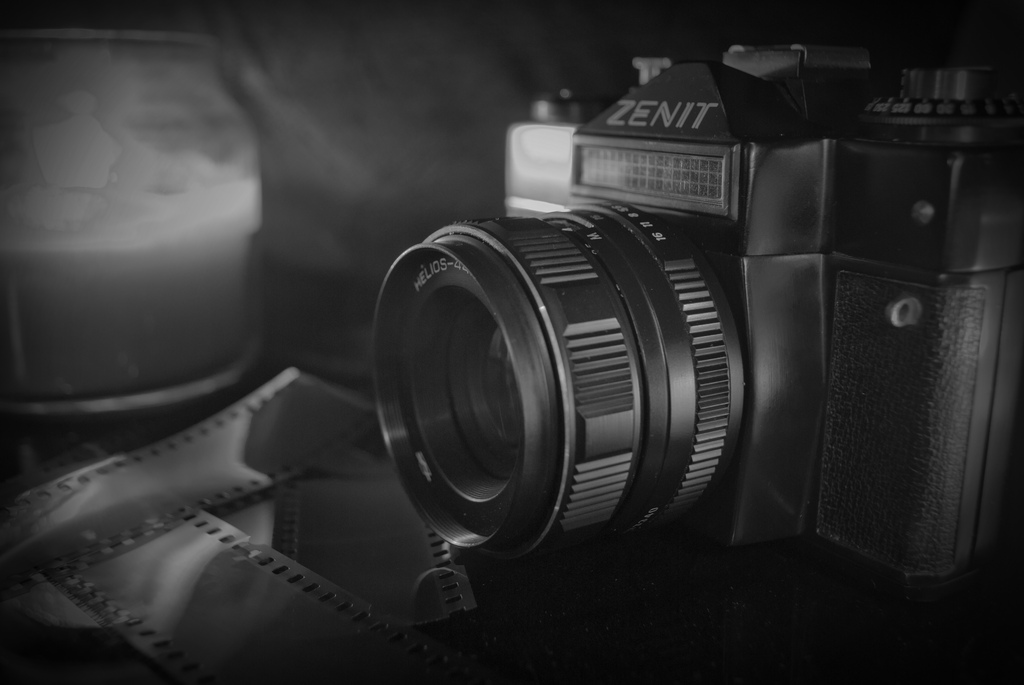By ELLIOTT HOLT

My friend K. and I traveled to St. Petersburg on the overnight train from Moscow, where I lived then. She had come from New York to visit me. It was December, 1997, and the cold was brutal, but you have to see the Hermitage, I said. So we took the train north and then, at dawn, made our way to the international youth hostel. It was the first one in Russia—opened in 1992—and like every hostel I’d visited, it was full of backpackers eager to tell us how much of the world they had seen. No one’s hostile in a hostel, I said to K. She and I had been out of college for just a couple of years; our fellow travelers were about our age. Many of them were from Australia and New Zealand. At breakfast that first morning— a room with tentative light and forlorn bowls of muesli—we met a young Japanese-Finnish woman. (Her parents were Japanese, but she’d been raised in Finland.) She had traveled from Helsinki, she told us, to photograph corpses.
She was finishing up a degree in photography. For her final project, she wanted to take pictures of the dead. She couldn’t do so in Finland and though it wasn’t legal in Russia, either, she’d heard that she’d be able to bribe staff at the morgue. So many people froze to death in Russian winters—men, mostly, who got drunk outside and then fell asleep on park benches, too full of vodka to feel the cold—that there were always new bodies arriving in city morgues.
She spoke about her thesis in abstract, academic terms: by forcing ourselves to look at the dead, we are forced to confront death. I confess that those are my words. I can’t remember exactly what she said. But she was collected, cool. I remember that she was slight, with dainty fingers. She wore a black turtleneck. She was brave, I thought, and foolhardy, to come to Russia—a place she had never been—for the sake of her art. Her project struck me as unethical (surely the families of the deceased should have a say in whether or not they are photographed?) but I admired her commitment. There was something so innocent about her, so boldly curious, that I found myself thinking about her all day. While K. and I walked down Nevsky Prospect toward the Dostoevsky house-museum, I wondered what the Finnish artist was seeing through her lens.
The next morning at breakfast, though, the young Finn was silent and pale. Did they let you into the morgue? K. and I wanted to know. Did they let you take pictures? She nodded, shaken. We didn’t press her. But what did she see that day, when she trained her lens on the dead? I imagine the chill of a basement, the light aching and blue. The Finn clutching her Leica to maintain composure while a sour woman pulls back a sheet. A man so recently deceased that his family doesn’t yet know he’s gone. A body not yet identified, perhaps. Is the flesh purpled by frost? Or has the skin lost all color, gone waxy and dull? On his stomach, a gaping scar, shaped like an eye. Shaky fingers adjust the aperture. She stops the lens down. For such stillness, the slowest shutter speed.
Elliott Holt’s first novel “You Are One of Them” was published by The Penguin Press in May 2013.
Photo by Flickr Creative Commons User adamphillips123




